In this age of man-made barriers to keep nature out of our lives, what if we tried listening to the needs of the land and its creatures?
- by James Inabinet, Ph. D. For a long time now, our collective hearts have been “away from nature.” Have they become hard? Once upon a time, lifestyles were in harmony with places lived, which also happened to be the locus of “all that’s good” for a person and his kind. So light was the primal presence on the land, it’s difficult to tell exactly where a Choctaw house sat though they were all over the place. The idea that one can live in harmony with a place [an ecosystem] equates well with the lifestyle of rabbits. A rabbit lives in harmony with her forest home, the locus of “all that’s good” for her and her kind. She lives lightly there. As rabbits recede from a place, signs that one ever lived there also recede. Further, rabbits know their forest home and how it works in ways conducive to rabbit living. She knows how she fits in a forest, knows her relationship to it. In much the same way, primal humans knew how their place worked in ways conducive to human living. They also knew how they fit within their ecosystem, knew their relationship to it. Primal humans and rabbits shared this important lifestyle aspect, they knew their home ecosystem. This type of knowing is felt more than mentally known. Because of this deeply held, unconscious knowledge, both desires and acts of primal humans and rabbits were commensurate with place. Their lifestyles were such as to preserve the critical order of the ecosystem. I might add that because of this “soul-to-soul” knowledge, they lived in harmony with place and were in a profound state of communion with it. I have caught glimpses of this communion, and it’s blissful. How does this equate to current human lifestyles on the land? Do we know how our home ecosystem works? Do we know how we fit into it, our relationship with it? These questions are rarely even asked, and we’ve become strangers on the land – even if we’ve been on the same land for decades. The land doesn’t know us; we don’t know the land. We insist we know – how can we not know? Ignorance can be remedied, but I don’t think that’s what is at work here. Maybe we don’t want to know. More likely it’s that we don’t even know that we don’t know, an “ignorance of ignorance” that A.N. Whitehead declared: the “death of knowledge.” Implicit in this is the notion that we have no relationship with nature at all, nor do we need to. We move about willy-nilly, changing homes, imagining ourselves far above physical [much less spiritual] connection to nature. Tied to the land? What a ridiculous notion! We stop just short of the presumption that food is made in factories or a grocery – yet we act like it is. Sun and rain and dirt and insects have little effect on one so lost in independence. Avoiding nature leads to whole ecosystems becoming stages upon which the human drama unfolds. Trees become props; rabbits and hawks are bit actors. By now, generations of Americans have lived whole lives far away from growing things and know virtually nothing about nature that wasn’t read in a book, watched on TV, or experienced in a park. In the face of this, the communion I’m talking about must seem delusional. Our penchant for telling the land what it is doesn’t mean we know it. We may know our house, shed, carport, or yard. We know how these work, what they’re for, and our place around them, but they’re not really part of the surrounding, functioning, diminishing, ecosystem. Because of lack of this deeper knowledge, we have lost any sense of a viable relationship with our home system, and, perhaps most importantly, a sense of belonging and communion that can come with it. I have wondered, what would it mean to come to know the land, one’s home ecosystem, in ways conducive to human living, and do it in a way that nature is allowed to become what it’s trying to be even as humans live on it? I wonder what would happen, not atavistically but with today’s technology, if we actually engaged with a place on its terms, listening closely for whispers of what it might have to say about itself, especially what it’s trying to be and become? And only then try to develop human lifestyles that honored unique human roles in the ecosystemic whole. Such changes would transform human life on the planet! I’m convinced that it’s in the power of any individual to conduct this change – wherever she is – by transforming the world around herself into a more functional one, into one a soul can move into communion with. Then, I think, we can become functioning parts of the ecosystem, as partners. Within this sublime communion, the place makes us. I long for this.
Enjoy this feature?Comments are closed.
|
Categories
All
Archives
July 2024
|
Shoofly Magazine Partners
Our Shoofly Partners are local businesses and organizations who share our mission to enrich community life in Bay St. Louis, Waveland, Diamondhead and Pass Christian. These are limited in number to maximize visibility. Email us now to become a Shoofly Partner!

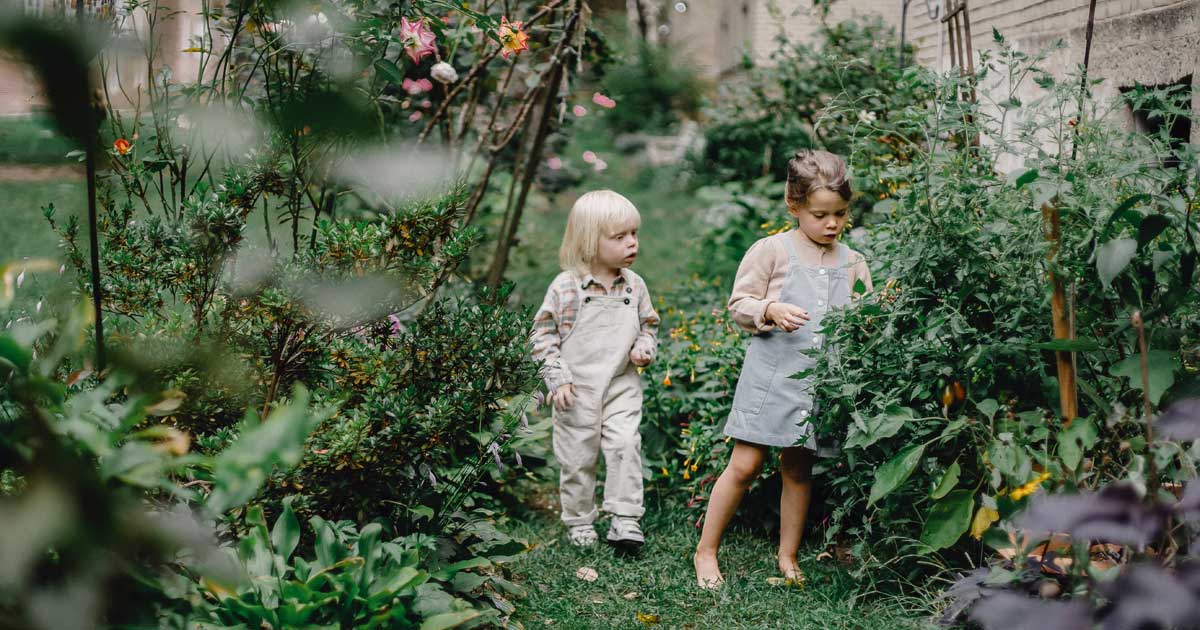
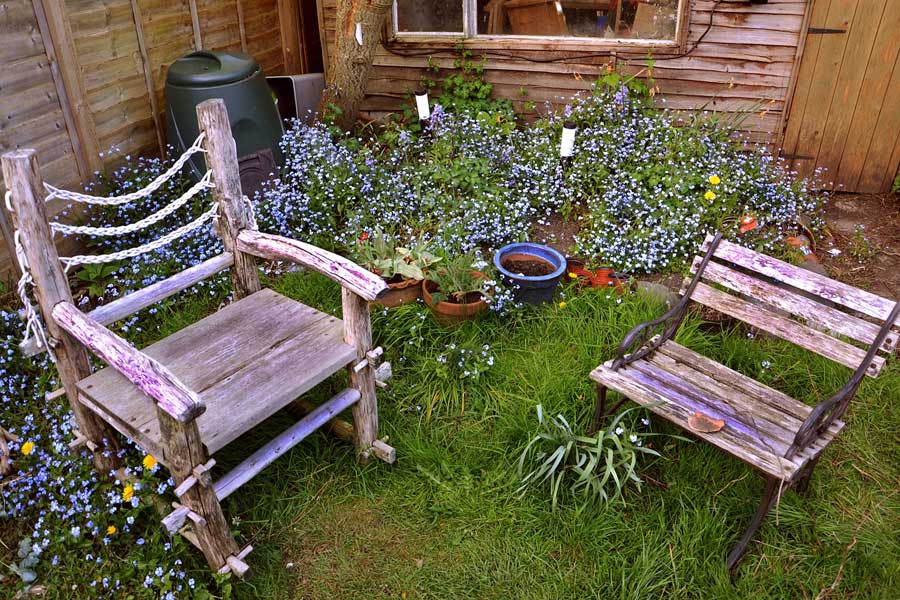
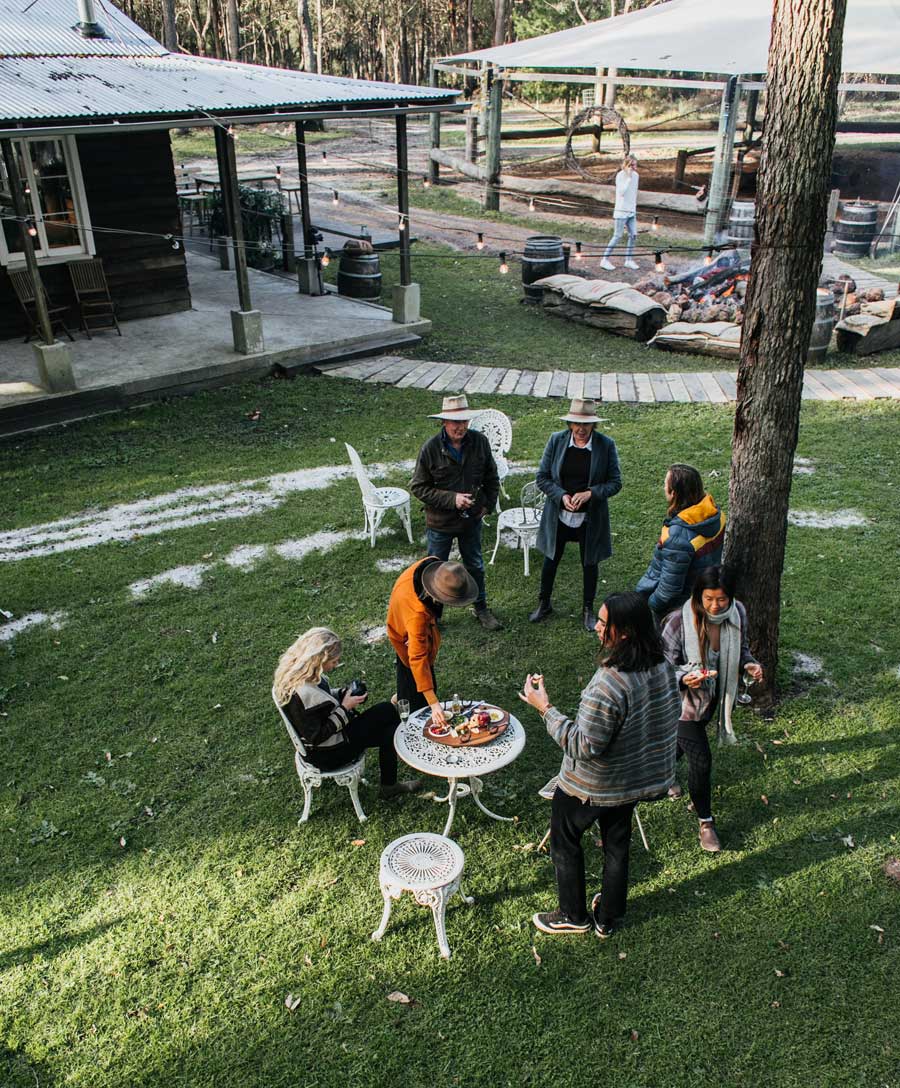

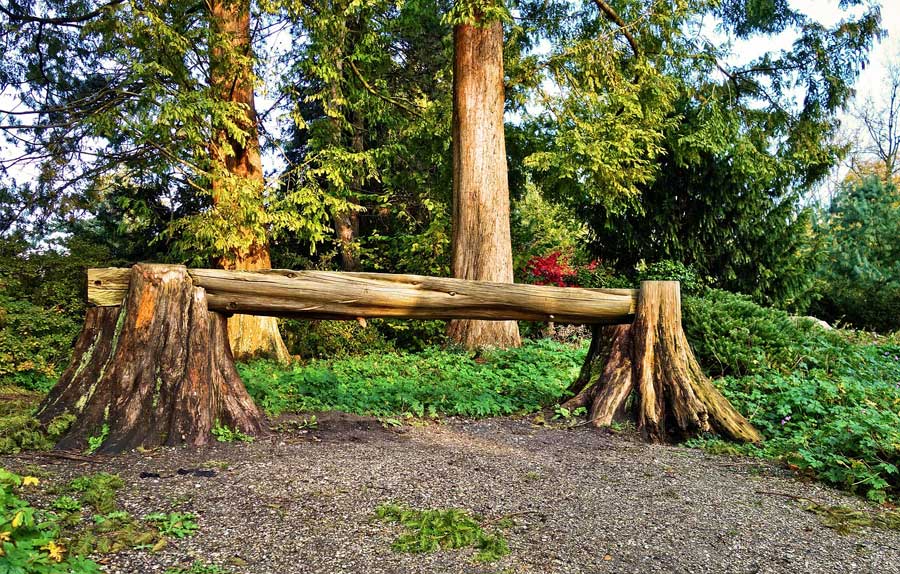
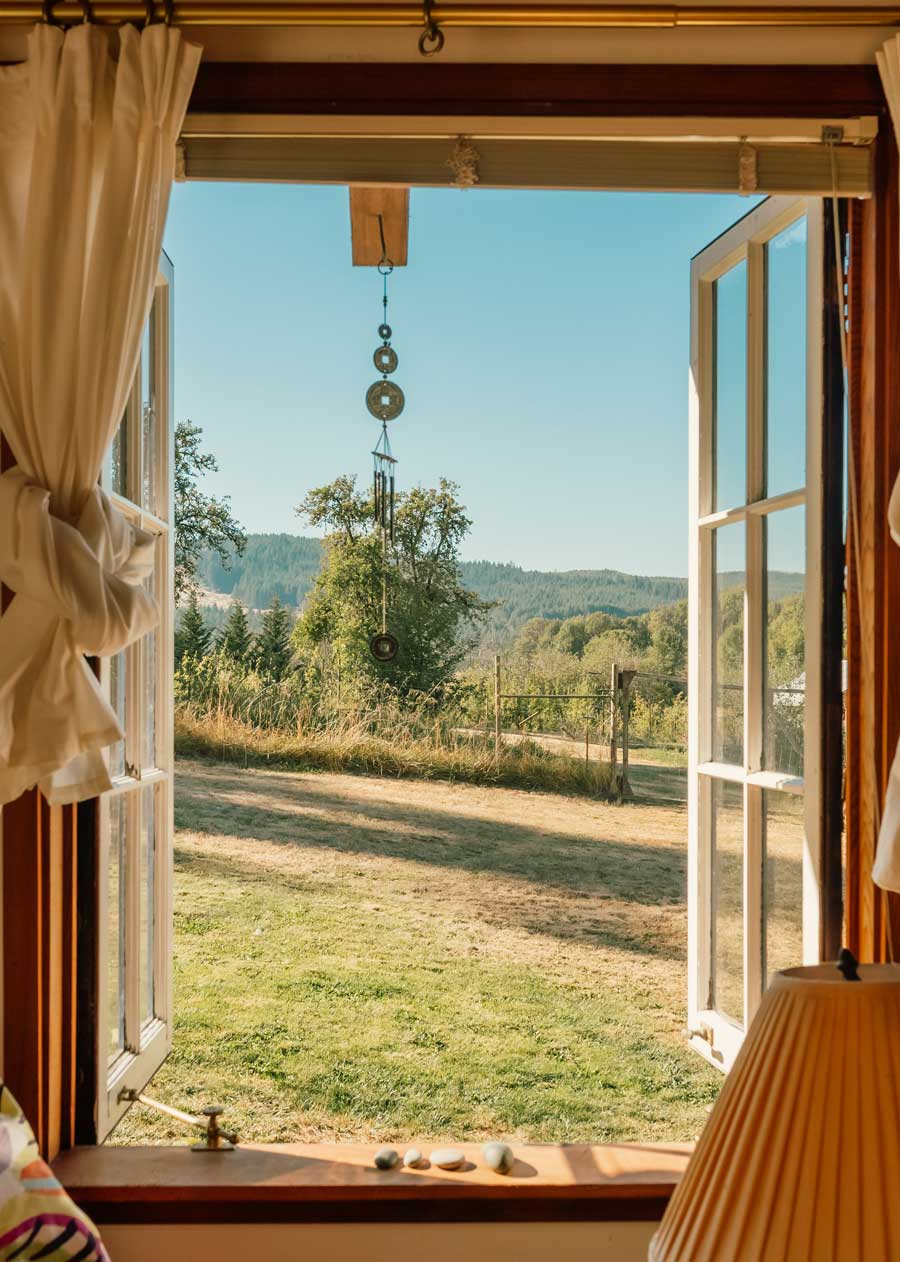



























 RSS Feed
RSS Feed























